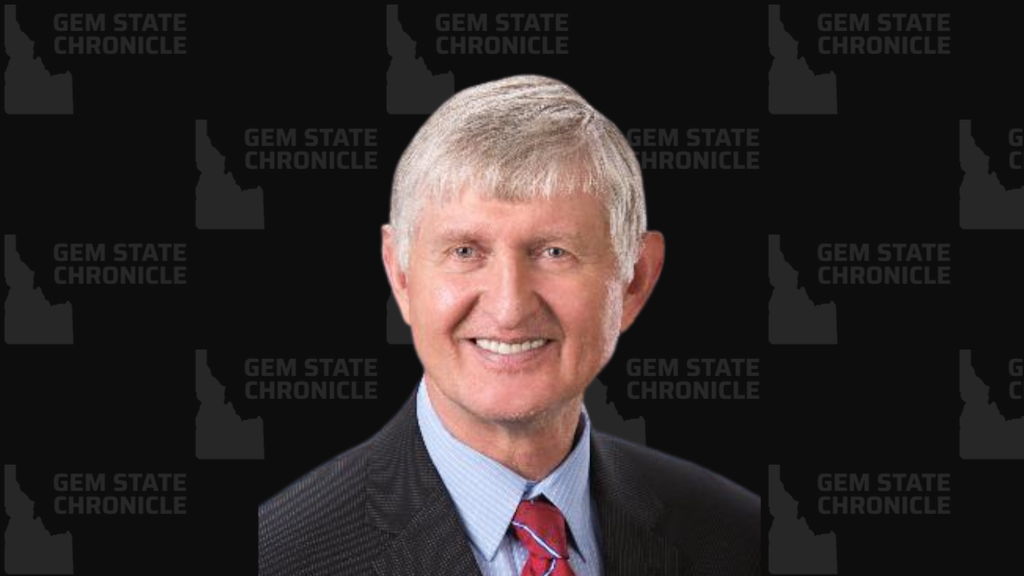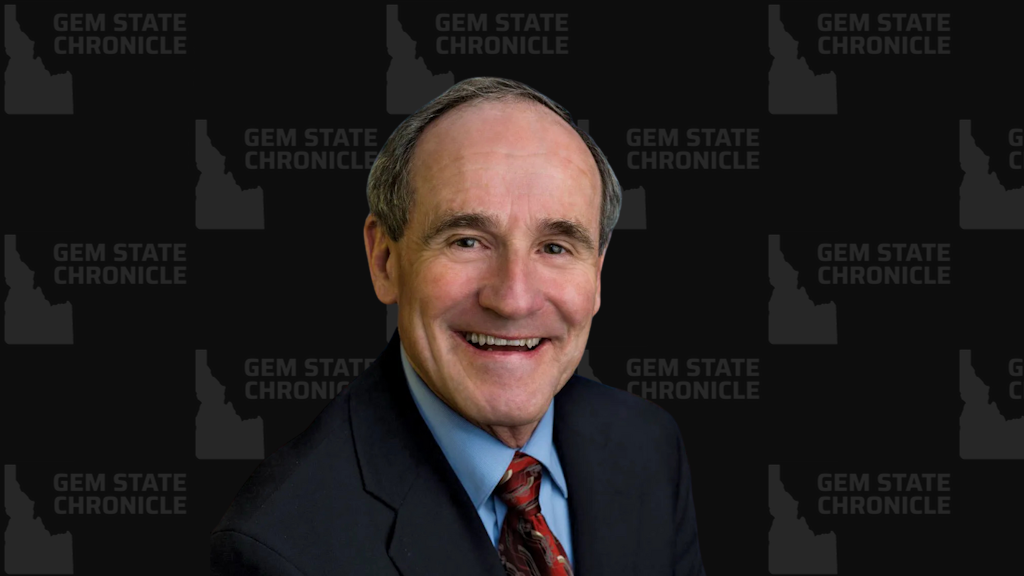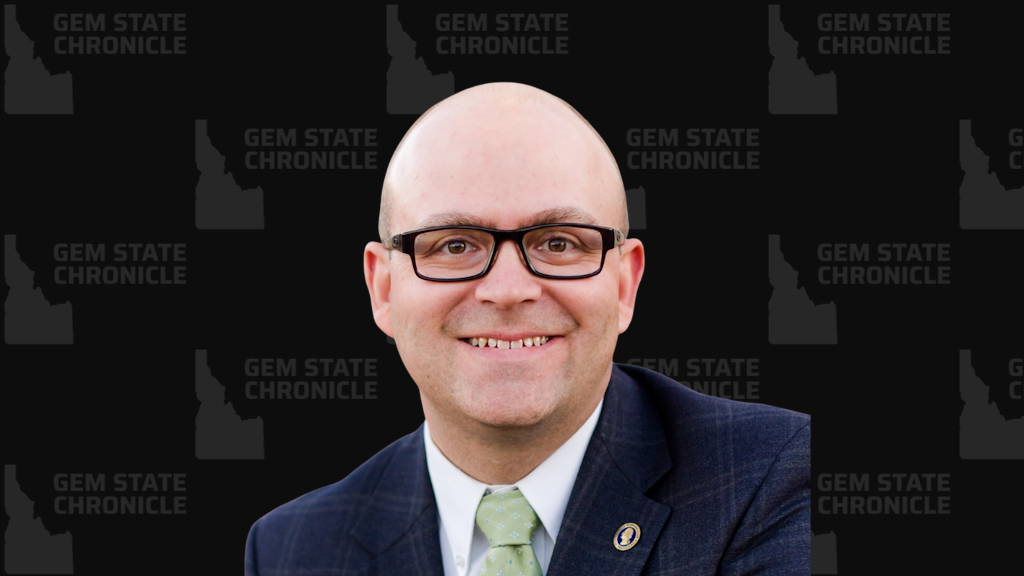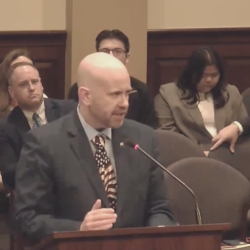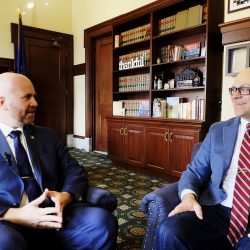By Steven Thayn
School choice is the second American Revolution. America was founded on the eternal principles of Natural Law—truths that exist independent of man’s will and must be discovered with humility. Our Founding Fathers used these principles to create a system of limited government, launching the first American Revolution. Today, the same principles are quietly fueling a second revolution—one centered around school choice. Unlike the first, this one will be peaceful, but its impact could be just as profound.
Natural Law suggests that just as we have inalienable rights, we also have inalienable responsibilities—duties that naturally fall to individuals and families, not to the state. Education is one of those duties. Parents, by virtue of creating life, are responsible for nurturing and educating their children. Yet today’s public education system has flipped that relationship: schools dictate the curriculum, choose the teachers, set the schedule, and determine how funds are spent, while parents are largely sidelined.
The school choice movement seeks to reverse this imbalance by restoring authority to families. This isn’t merely a policy tweak—it’s a declaration of educational independence. Like the Boston Tea Party, it challenges government overreach, only this time in our classrooms.
What does true education freedom look like? First, it means giving parents control over curriculum. In Idaho, nearly 30% of parents have already opted out of traditional public schools in favor of home schooling, private schools, or charter options. Over 11,000 families are blending home and public education—choosing their own materials while working with public educators. That’s a new version of school choice movement in action.
Second, it means redefining the role of experts. In a Natural Law framework, all adults are equal in responsibility. Experts can advise, but they shouldn’t dictate policy. When they do, families lose their freedom—and the state gains unchecked power.
Third, we need smart accountability. Public funds should follow success, not bureaucratic compliance. Today’s system demands rigid adherence to state mandates, killing innovation. Under Natural Law, accountability focuses on outcomes. Schools and families would have the freedom to experiment, but would be measured by results. Creativity, competition, and continuous improvement would flourish.
Opposition to school choice often comes from those who believe experts and institutions know best. They trust centralized authority more than families, and they seek to regulate every detail—from who teaches to what gets taught. Over time, this leads to soft tyranny, where concerned parents are dismissed or even vilified.
But school choice doesn’t mean the end of public education. It means rebalancing power, fostering innovation, and trusting families. Parents who want to delegate educational decisions still can. And yes, parents will make mistakes—but so do experts. The difference is, it’s easier to recover from parental missteps than systemic failures.
This is the Second American Revolution—a peaceful reclaiming of responsibility, freedom, and innovation in education. It’s time to stand with families, empower parents, and break free from a one-size-fits-all model. If we succeed, our children—and our nation—will thrive.
Idaho made a good first step this year by passing an education tax credit bill; however, there is more to do. Choice does not mean the end of public schools, if done wisely it will benefit: students, teachers, parents, and taxpayers alike.
About Steven Thayn
Steven Thayn is a father, grandfather, former Idaho state legislator, and former chairman of the District 14 Republicans. Thayn is the author of numerous books on education, poverty, healthcare, and natural law.


